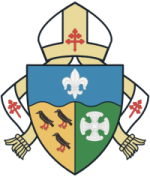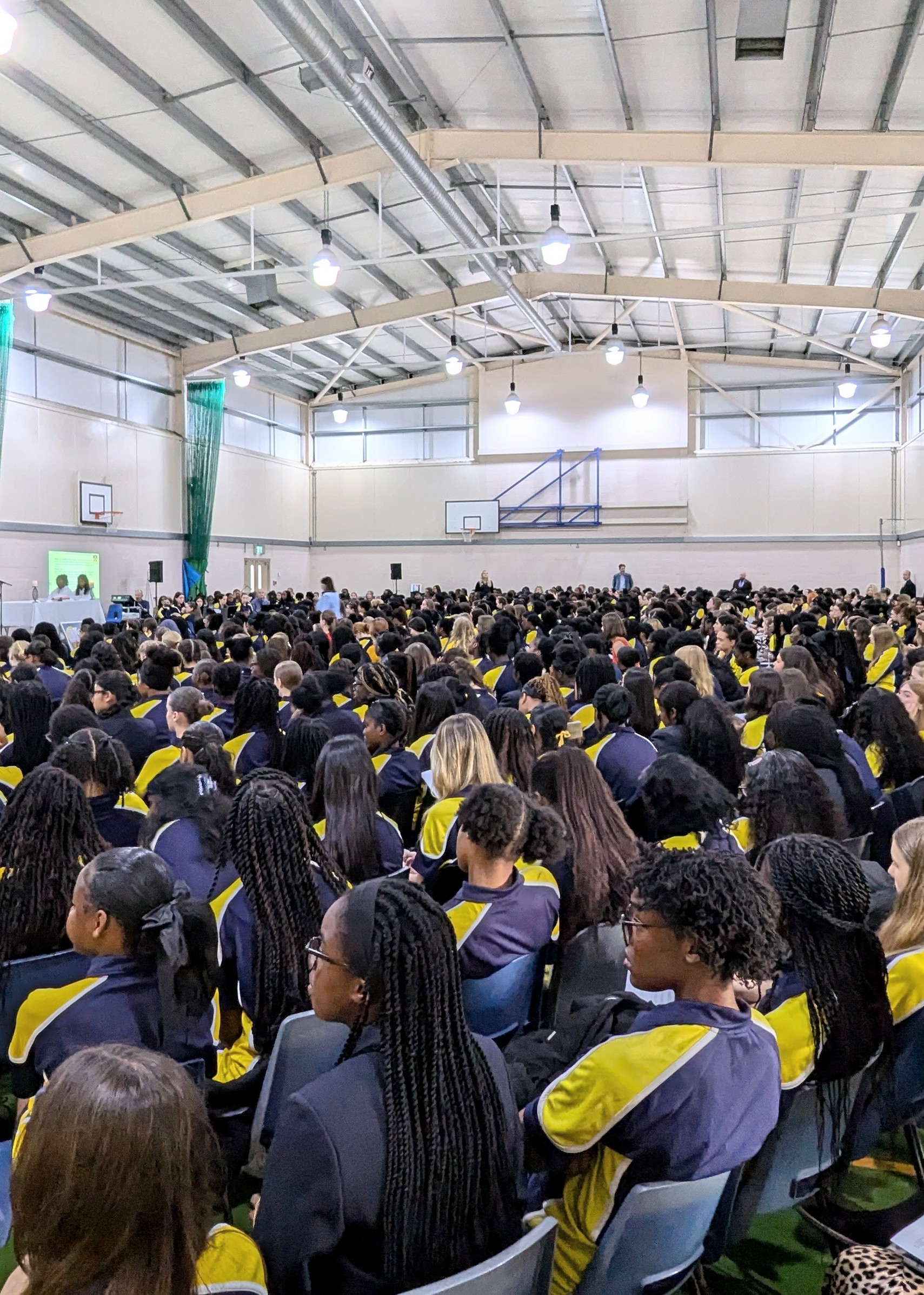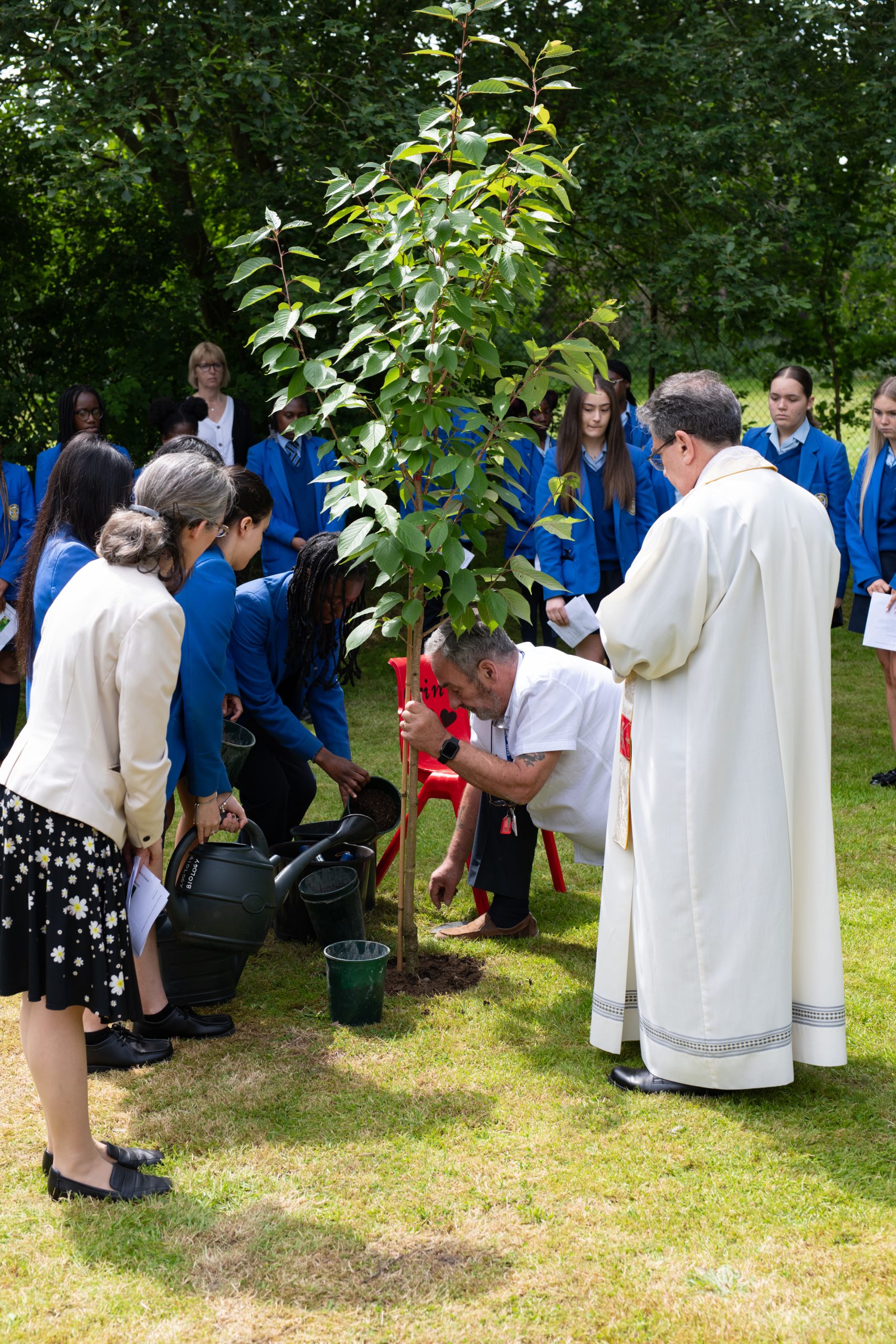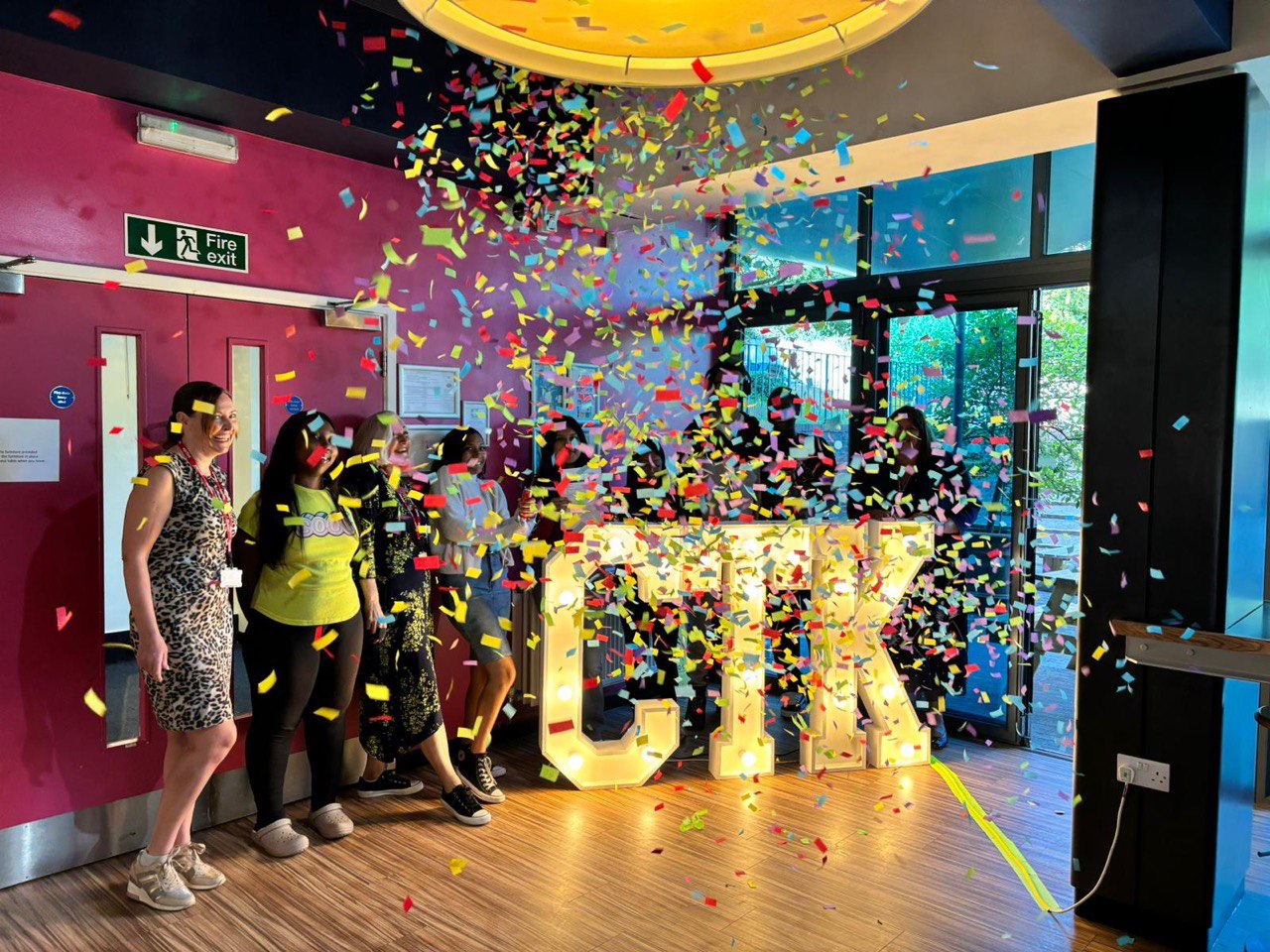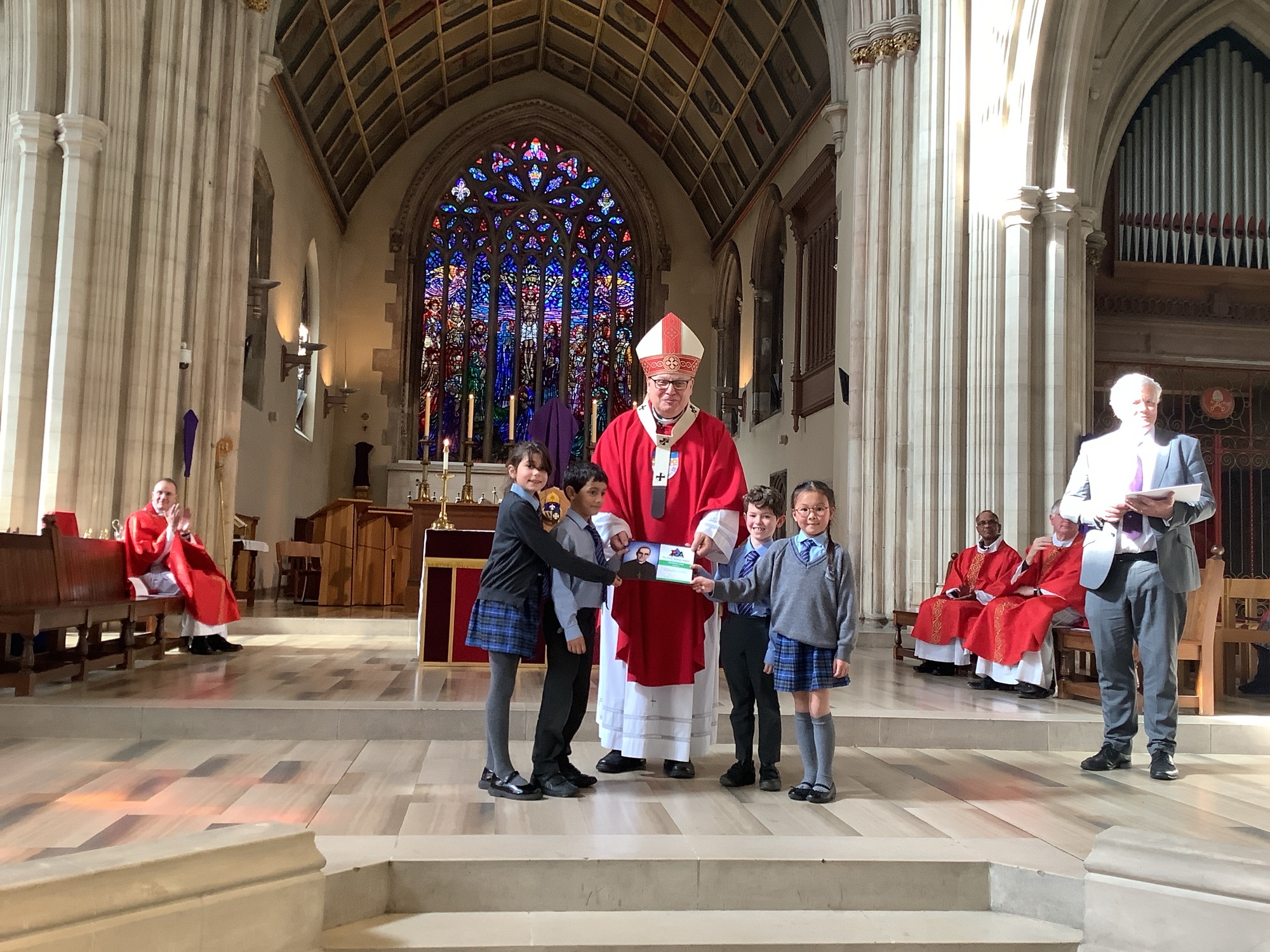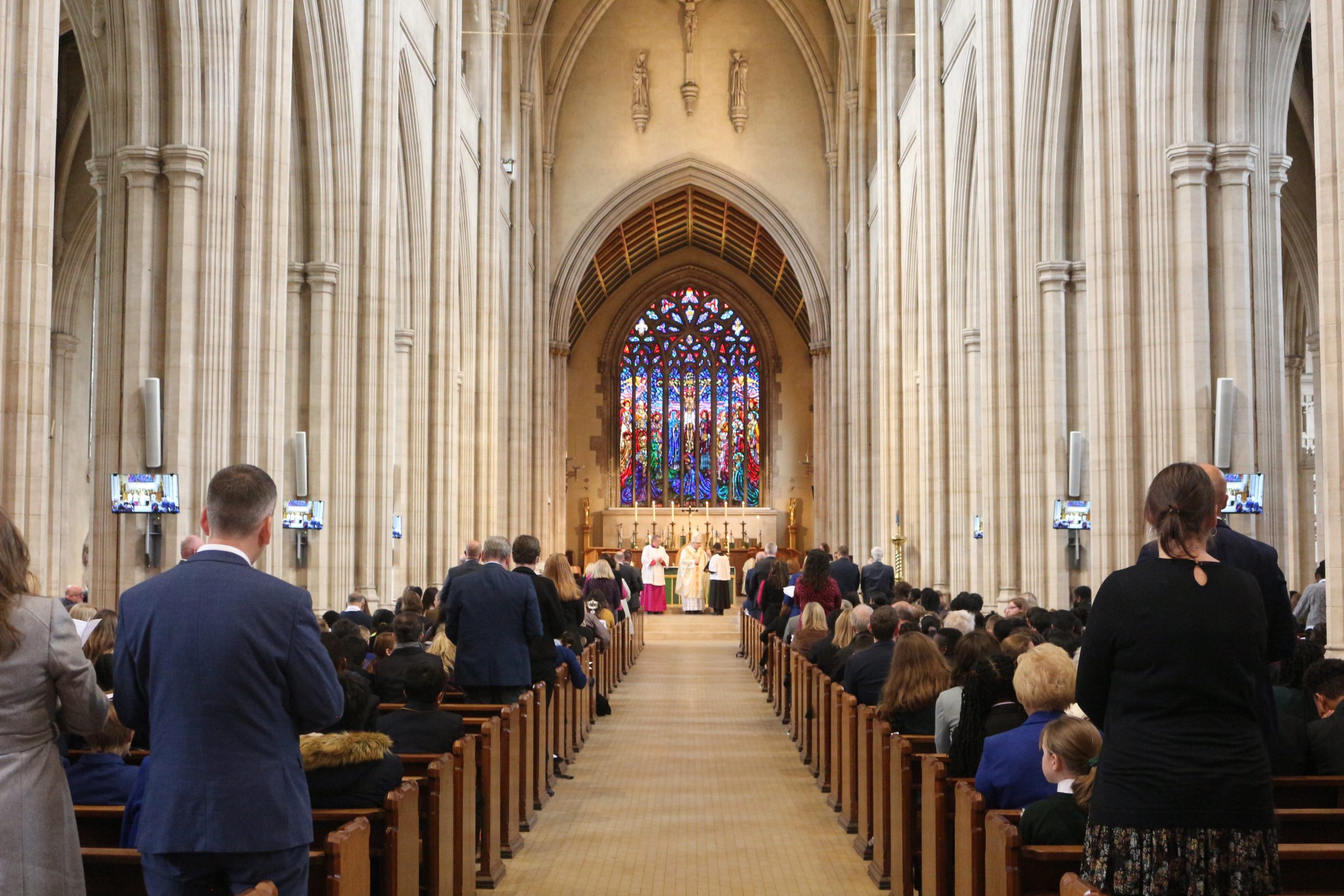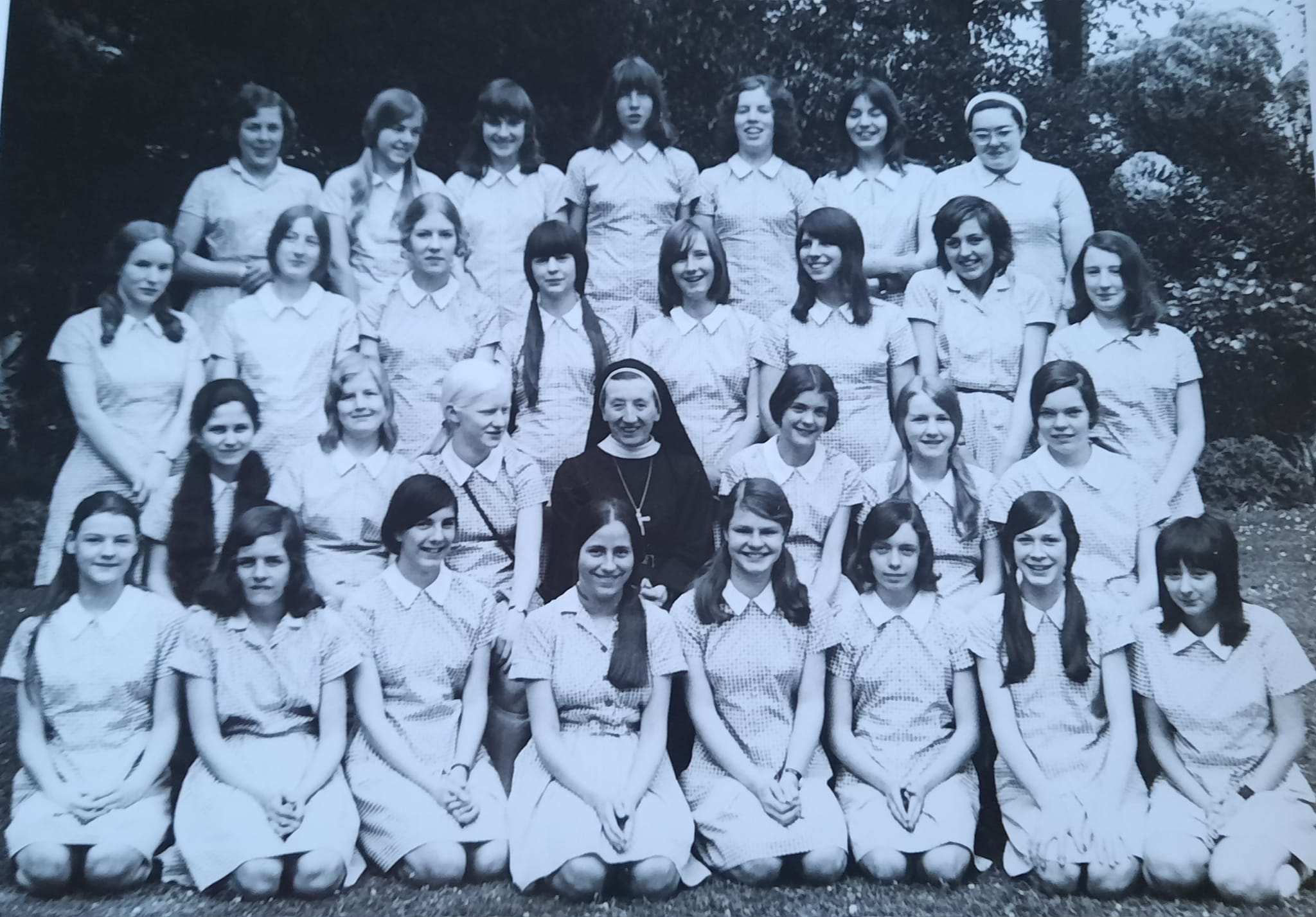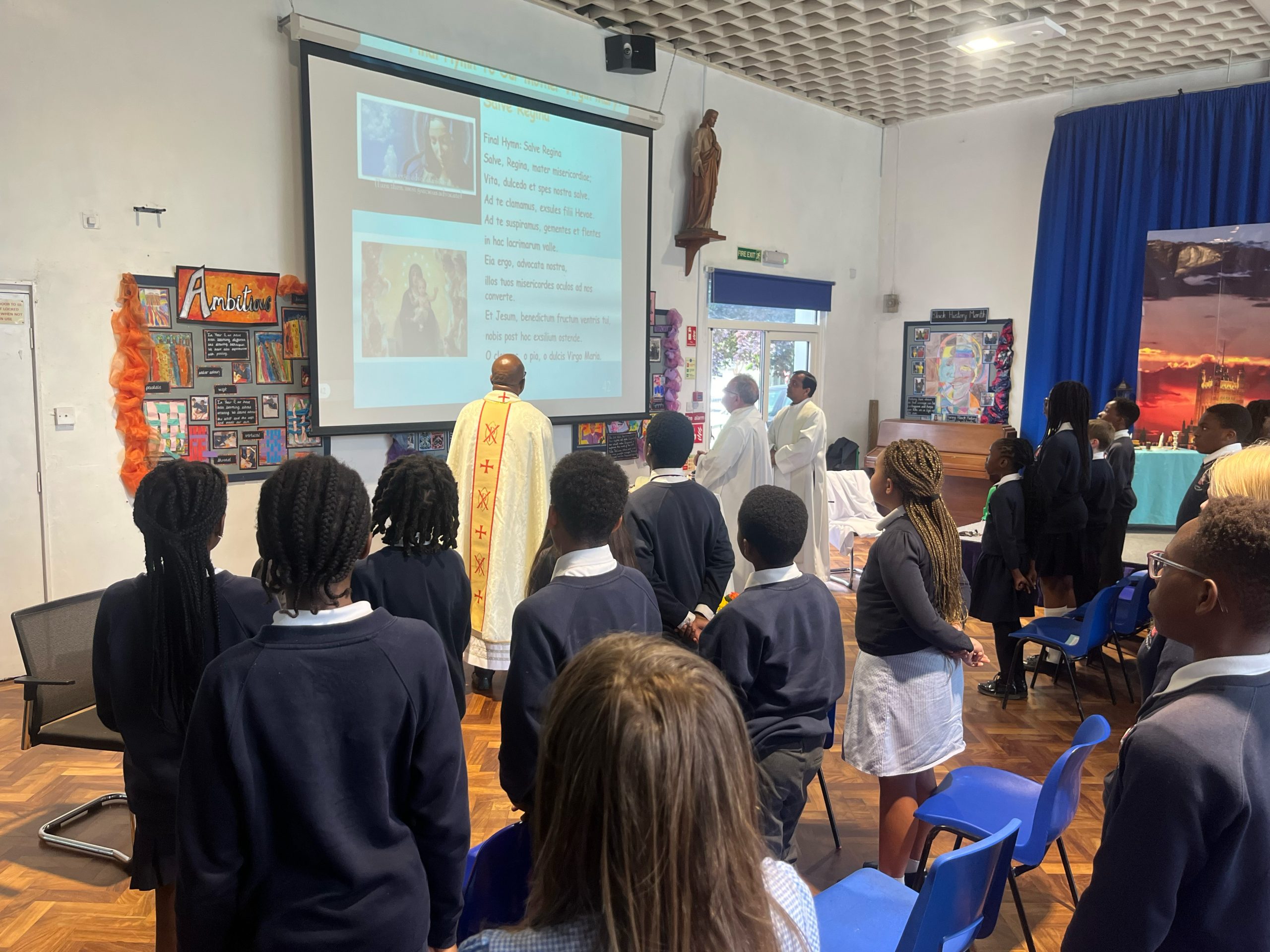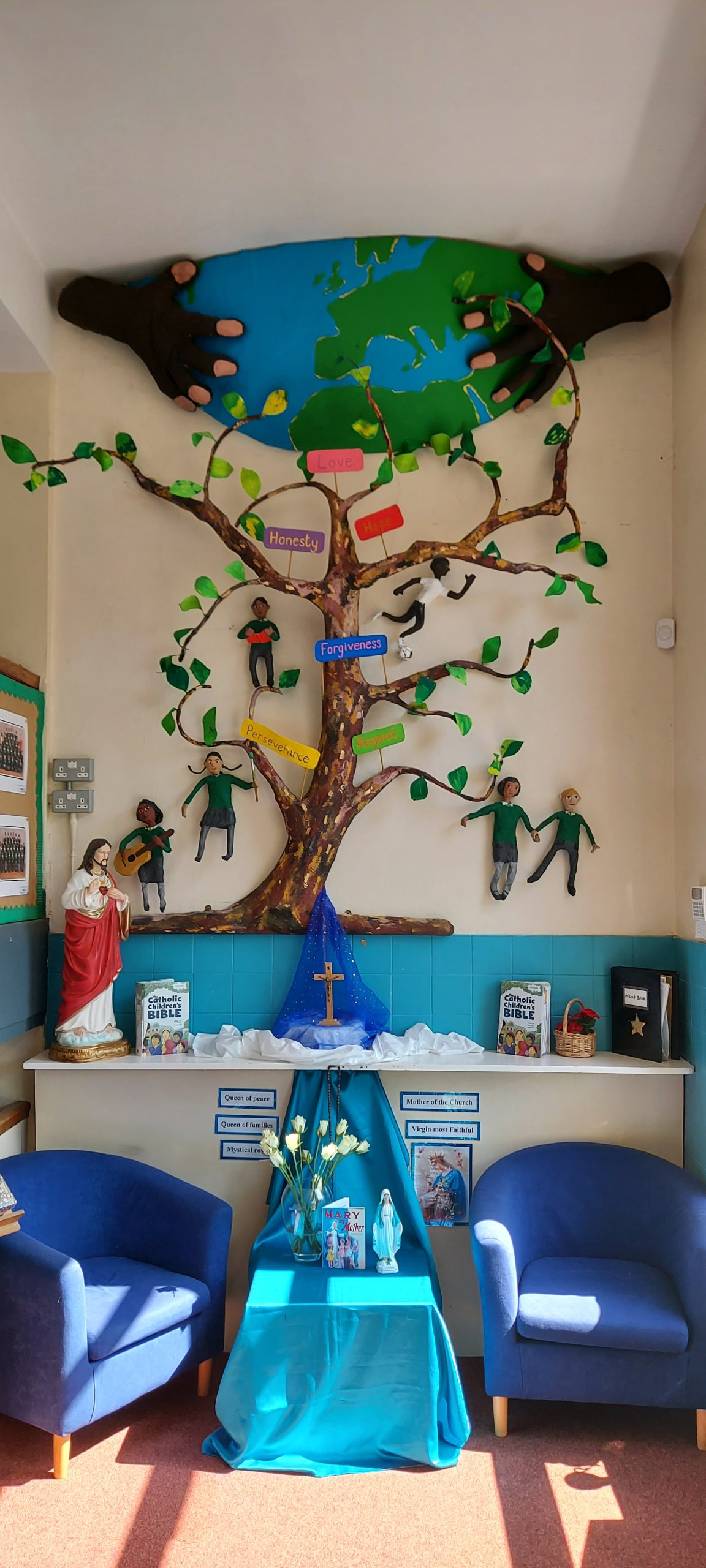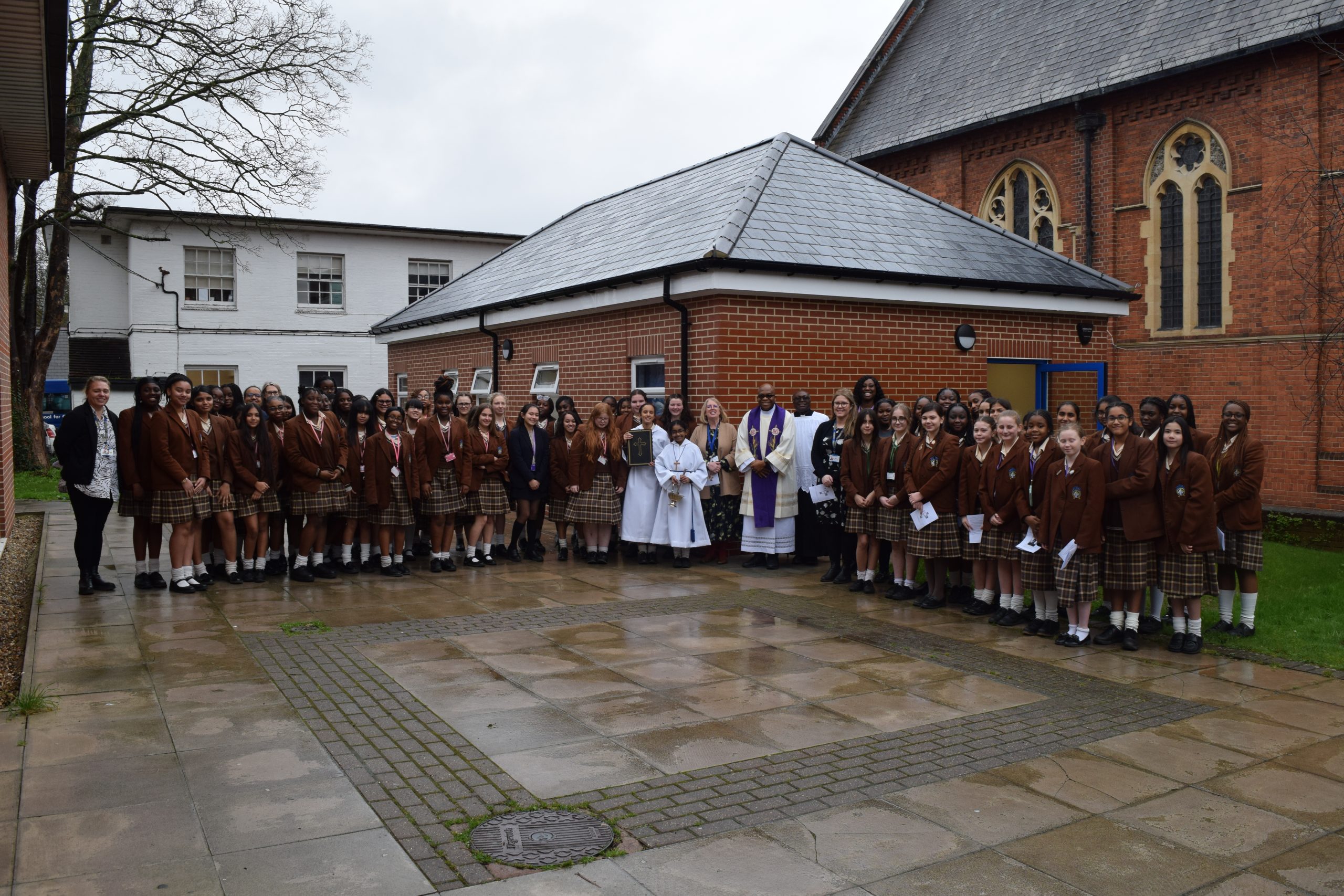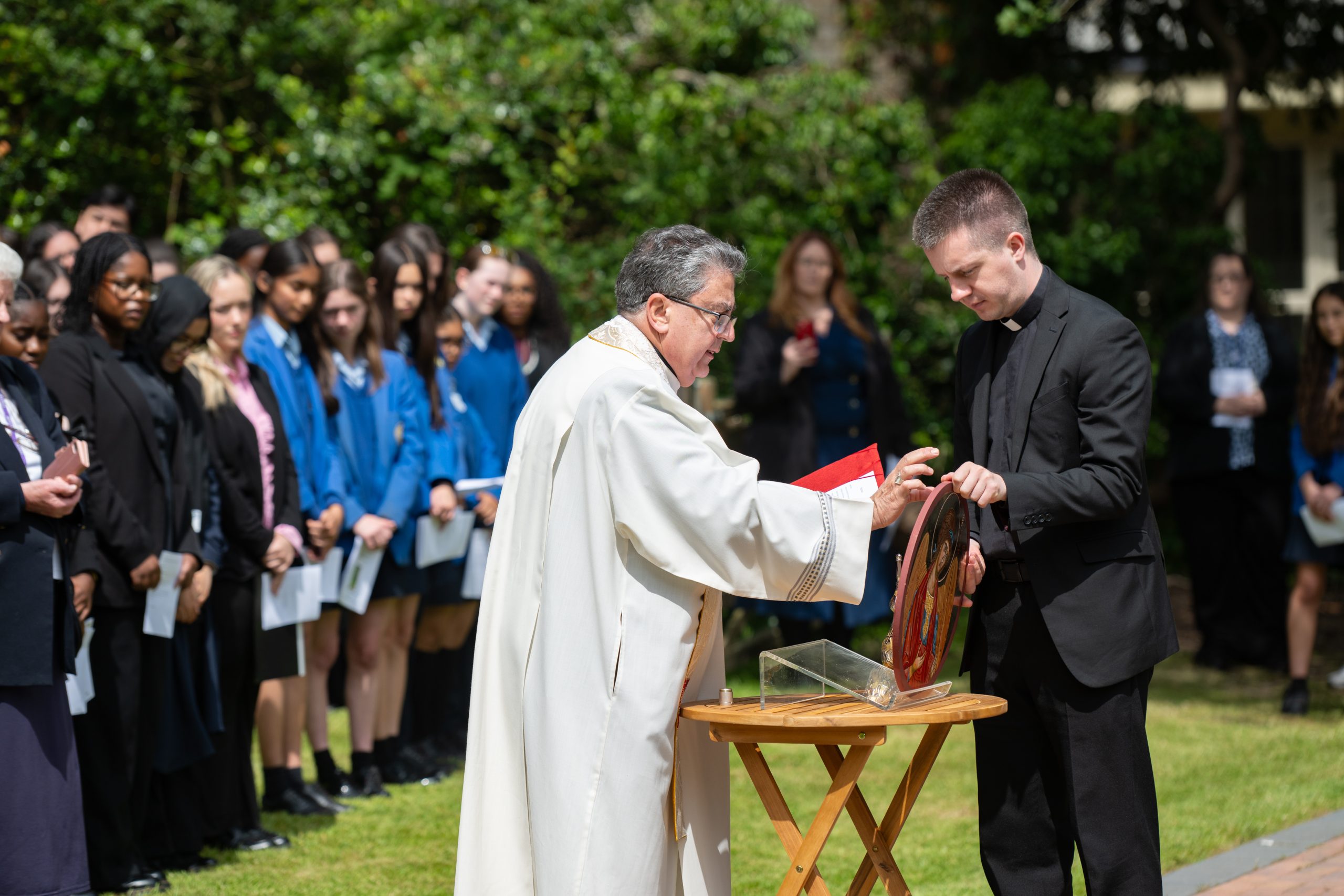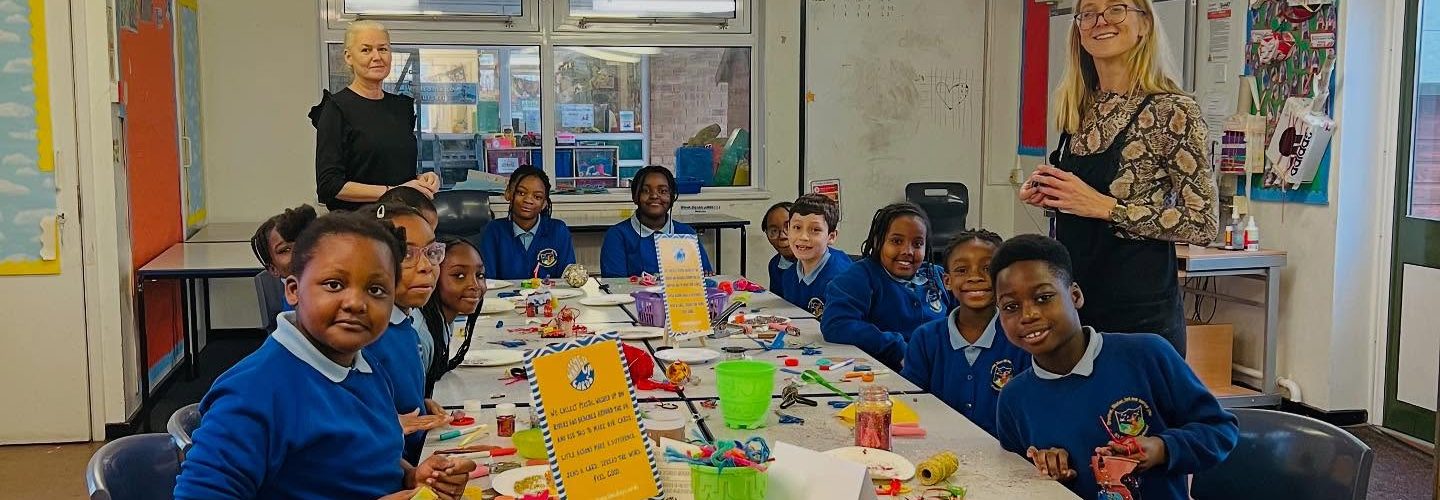Our priority is providing schools which deliver high quality Catholic education for our pupils, ensuring they are given the best opportunities to flourish.
Academy trusts enable schools to share best practice, expertise, resources and training. As a result, pupils have an enriched school experience and benefit from a wider range of opportunities. Supporting schools to become academies will benefit our pupils in the short and long term, by ensuring they receive the high quality and enriched Catholic education they deserve.
FAQs – Staff/People
TUPE refers to the Transfer of Undertakings Protection of Employment rights. It is the law that protects employees, and their benefits, when their employment changes hands. TUPE regulations govern the transfer of employees from one company to another. More information can be found on the ACAS website – What a TUPE transfer is – TUPE: employee rights – Acas
Early engagement with staff and unions is critical. Conditions of TUPE should be shared with staff at the earliest opportunity to ensure staff are clear that there is no change to terms and conditions as a result of the Academisation process. There is absolutely no intention by the Diocese to enable any changes to Terms and Conditions through the academisation of schools. The Diocese cannot act as a JCC but encourages new CAT Directors to work with schools at an early stage to provide reassurance to staff.
TUPE protects terms and conditions on the day of transfer. However, no CAT intends to change any terms and conditions for staff.
The Directors are appointed by the Diocese and will be recruited in a similar process to that of a Foundation Governor. Directors will be recruited on a skills basis, and a Board will have between 6 – 10 Directors. All Directors on RCAOS CATs will be Foundation Directors. There are a number of eligibility criteria for Directors.
Local Governing Committees will still need Governors, and this will be represented by Foundation Governors, Parent elected Governors and Staff Governors. If you are interested in becoming a Foundation Governor then please click here – Could You Become a Governor or Director? – Education Service for the Roman Catholic Archdiocese of Southwark (rcaoseducation.org.uk)
On conversion/ transition the Local Governing Committee will remain the same, with the exception of the Local Authority Governor who is no longer required for governance purposes.
The local authority will not longer have any part in the governance of the academies or the Trust. However, relationships and some services continue – particularly the statutory services e.g. SEND and safeguarding. CATs can continue to procure services through the LA, should that be available.
Headteachers are usually managed by the CEO of the CAT. Exact responsibilities are laid out in the CAT scheme of delegation, however performance management is usually a joint effort between the CEO and the Local Governing Committee.
Yes. The articles of association outline the requirement for local academy committees/ governing committees. These may be for each school, or shared in clusters (in a similar way to a federation).
Statutory policies are usually held at trust level with none held at school level, including data protection, whistleblowing, FOI, exclusion and complaints. Most have overarching guidance issued including behaviour, health and safety, safeguarding and equality. Each school is expected to have its own policies aligning to those arch arching guidance principles.
Directors are recruited by the Archdiocese – in a similar way to Foundation Governors.
Executive leadership within the CAT are recruited by the Directors, in partnership with the Archdiocese.
Headteachers are recruited by the CEO, in partnership with the Local Governing Committee and the Archdiocese.
Other posts within the school continue to be recruited by the Headteacher. However reserved posts (Deputy Head Teacher and Head of RE) continue to be in partnership with the Diocese.
The scheme of delegation of each CAT outlines Headteachers role in terms of delegations and decisions. In most cases, the Headteacher remains responsible for school matters.
Yes, unless there is a case for cross school recruitment (e.g. Executive Headteacher). Being in a CAT has proven to offer opportunity to staff who wish to work across multiple schools, or second across schools with ease, however most roles are and remain single school based.
FAQs – Project Implementation/ Timescale
The Archdiocese has not outlined a deadline for academisation, but expects all schools and SATs to be in MATs over the coming 2 – 3 years. Each CAT will work alongside the DFE to ensure growth is sustainable, and will be managed in tranches. All schools and SATs should be in discussion with a CAT, and ensure they are on the CATs growth plan for future conversion/ transition. If a school/ SAT is unclear which CAT to discuss options with, please contact the Education Service.
On conversion, we will be asking everyone to use the same legal firm to ensure consistency in our approach. We have learned through our existing MATs that various land issues etc. have been dealt with differently depending on legal representation at the time of conversion, leading to a longer term overhead for both the CAT and the Archdiocese.
There is no requirement to use the same accountancy firm. However, the Archdiocese has led a procurement exercise with audit firms to identify an audit firm for all CATs whilst delivery better value for money.
FAQs – Choice/ Which MAT?
The Diocese has been asking schools to liaise with their local CATs, and 5 CATs have now been established, operating in areas which have been outlined in previous communications. With schools able to reach out and form natural collaborations, there is now a clear geography emerging allowing CATs to cluster schools effectively. If a school/ SAT feels that the CAT assigned to their area is not appropriate, then please contact the Education Service.
5 are now established, with the sixth being reserved for Sixth form option. No new CATs will be established outside of the 6.
At this stage we have not stated this as a requirement for CATs.
This would need express permission from both the Archbishop of Southwark and the Bishop leading the neighbouring Diocese, however any individual school remains under the remit of the home Diocese. The Archdiocese are keen that the Southwark family remains in a Southwark CAT. However, if there is a strong case for joining a CAT in an adjacent Diocese then this can be considered initially at the CAT Oversight group.
In order to achieve strong financials sustainability, the Archdiocese is seeking to create Trusts with 20+ schools.
FAQs – Finance
DFE funding for conversion was removed in November 2023.
When a CAT expands, the CAT Oversight will be seeking assurance from the CAT that the shared services are both sufficient and affordable. The DFE also check the capacity of the CAT before allowing schools to join.
The CAT can choose to procure services from any provider – including Local Authorities. Schools will have to remove themselves from the LA finance systems, but can tender for services as a company and can choose to have services delivered from the Local Authority providing the Local Authority has the ability to trade those services.
Each CAT will define its own shared service (which will define the top slice) and this will not be prescribed by the Archdiocese. However, the Archdiocese will review financial sustainability of the CAT and work with the Directors to ensure shared services are appropriate, and cost effective for schools.
The CAT Oversight group will be overseeing all RCAOS CATS, including finance, expenditure and audit reports. The Members of RCAOS CATs will all be the same, and will have responsibility to ensure that the Directors are managing the CAT in a sustainable manner.
Each CAT has a reserves policy. All bank accounts sit under the CAT umbrella account, however carry forwards and governor funds remain allocated to their school.
When a Trusts salary bill exceeds £3m, then it has to pay the apprenticeship levy (currently 0.5%). This money goes into an account and gains a top up of 10% from the government. It is used to pay vouchers for apprenticeship training an assessment. These can be entry level roles for new staff (e.g. Teaching assistants at level 2 or 3) but can also be used to fund apprenticeships for existing staff up to degree or masters level (including Executive Headteachers qualification).
FAQs – Diocesan Strategy
The DFE do not believe that special schools should be faith based so there are no plans to create special schools. However we strongly support schools who wish to open specialist resource centres alongside mainstream provision where sites have the capacity.
Yes – one of the principles of Archdiocese of Southwark is that its MATs are cross phase, from age 3 – 19.
The Archdiocese has had conversations with some religious orders, and has been dealing with lease and land issues for current conversions that are taking place. The Archdiocese is aware that we work alongside a number of religious orders and communication with those orders will take place on a project by project basis. The archdiocese has worked with the CES to develop a set of Articles of Association to include Religious orders.
The approach for sixth for colleges is currently being discussed.
The Archdiocese has no strategy to close schools or to dispose of the land.
FAQs – CAT Oversight Group
No. Each CAT will have statutory members as defined in the Articles of Association. CATs will have the same Members.
Complete Application to Academise RCAOS Catholic Academies Trusts (CAT) Click here to Download.
Collaboration between school leaders and CAT leaders is required. Please contact colettedoranhannon@rcaos.org.uk
FAQs – General
Governor Drops in present an opportunity to ask any questions relating to Academisation. The Education Service is always willing to talk to governing bodies if requested.
This has not happened to date but it can happen and would be agreed on a case by case basis.
Schools with a deficit budget continue to have the option to convert through a DFE scheme to pay deficits on conversion and then reduce the GAG to pay the deficit back – working in a similar way to deficit recover plans with local authorities. However the preferred option is to address any deficit before conversion. With our established CATs, support is provided to those in deficit prior to conversion.
In a CAT, the Trust becomes the admissions body, and this can be delegated to the Local Governing Committee if this is documented in the Scheme of Delegation.
We are aware at the challenges in recruitment, and in particular Catholic leadership. Teacher training would be in support of this, and would be encouraged across the CATs, working together to provide a strong programme of teacher training.
If you have any other questions, please contact your Trust Relationship Officer or Colette Doran-Hannon.
